
Hearthstone deck-APP, download it now, new users will receive a novice gift pack.
UEFA Champions League live streaming free
author: 2025-01-05 09:17UEFA Champions League standings
author: 2025-01-05 10:50 UEFA European championship
UEFA European championship
683.28MB
Check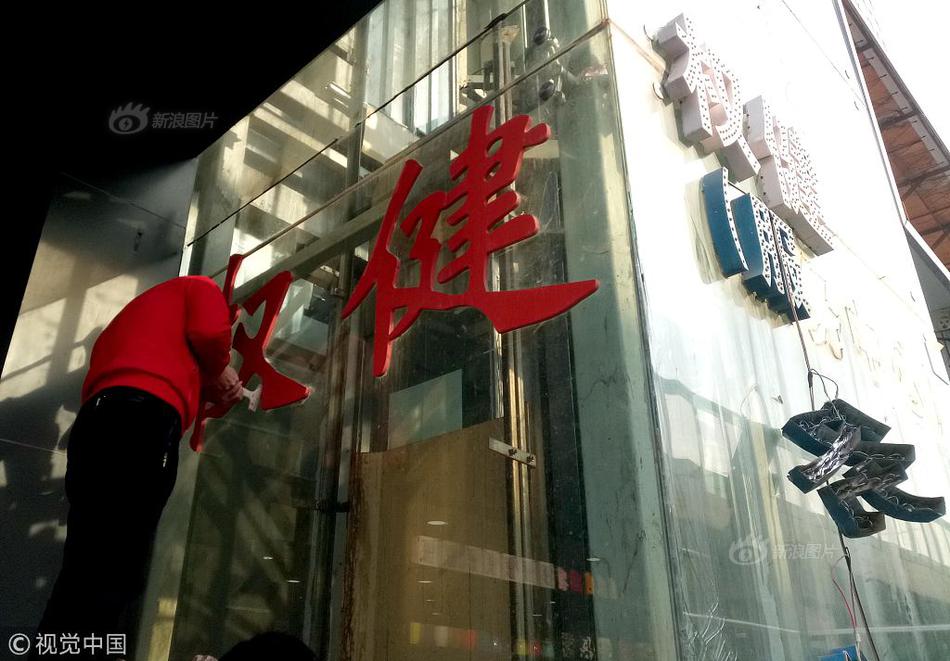 Arena Plus login
Arena Plus login
184.26MB
Check Hearthstone Wild Decks
Hearthstone Wild Decks
475.16MB
Check LR stock price Philippines
LR stock price Philippines
231.14MB
Check DigiPlus stock
DigiPlus stock
281.34MB
Check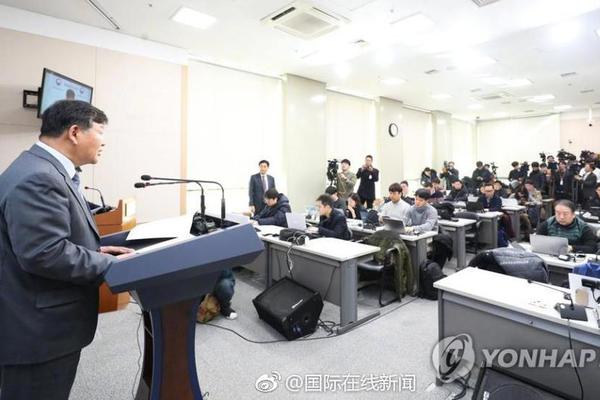 Casino Plus login register
Casino Plus login register
869.11MB
Check UEFA Champions League live
UEFA Champions League live
614.66MB
Check Bingo Plus
Bingo Plus
431.45MB
Check Hearthstone arena deck Builder
Hearthstone arena deck Builder
236.18MB
Check Casino redeem
Casino redeem
244.56MB
Check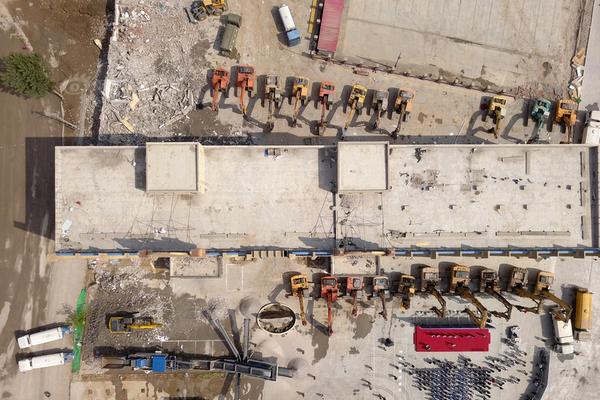 Casino free 100 no deposit
Casino free 100 no deposit
236.51MB
Check Hearthstone arena deck Builder
Hearthstone arena deck Builder
754.53MB
Check UEFA TV
UEFA TV
557.51MB
Check Arena plus APK
Arena plus APK
245.71MB
Check DigiPlus Philippine
DigiPlus Philippine
682.21MB
Check LR stock price Philippines
LR stock price Philippines
183.68MB
Check 100 free bonus casino no deposit GCash
100 free bonus casino no deposit GCash
483.96MB
Check UEFA TV
UEFA TV
884.19MB
Check UEFA Europa League
UEFA Europa League
735.39MB
Check Hearthstone arena
Hearthstone arena
454.52MB
Check Arena plus APK
Arena plus APK
473.47MB
Check UEFA Champions League live streaming app
UEFA Champions League live streaming app
867.86MB
Check TNT Sports
TNT Sports
726.26MB
Check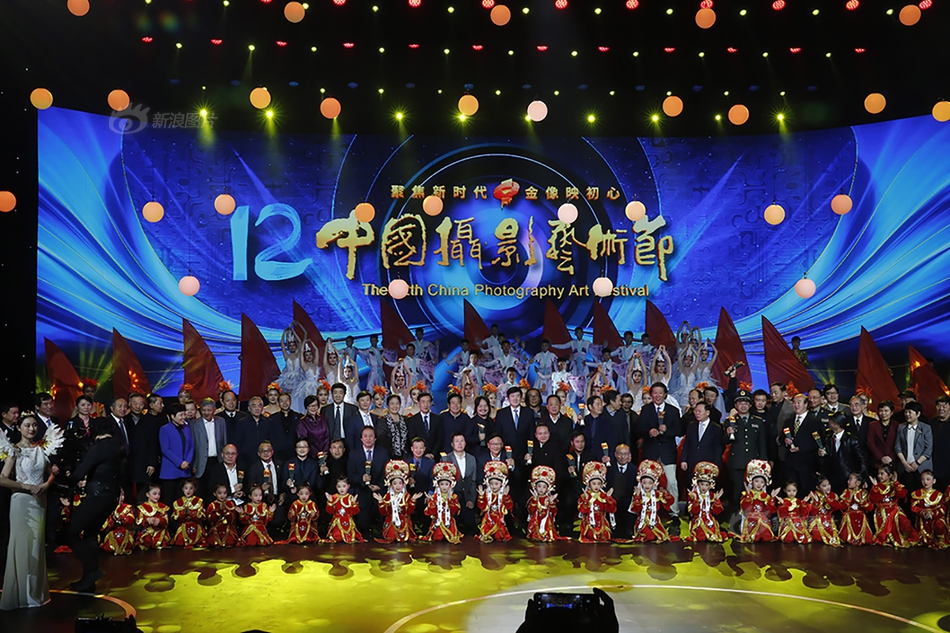 Arena Plus login
Arena Plus login
574.44MB
Check Hearthstone deck
Hearthstone deck
468.25MB
Check Bingo Plus
Bingo Plus
687.89MB
Check Walletinvestor digi plus
Walletinvestor digi plus
493.81MB
Check Casino Plus app
Casino Plus app
224.72MB
Check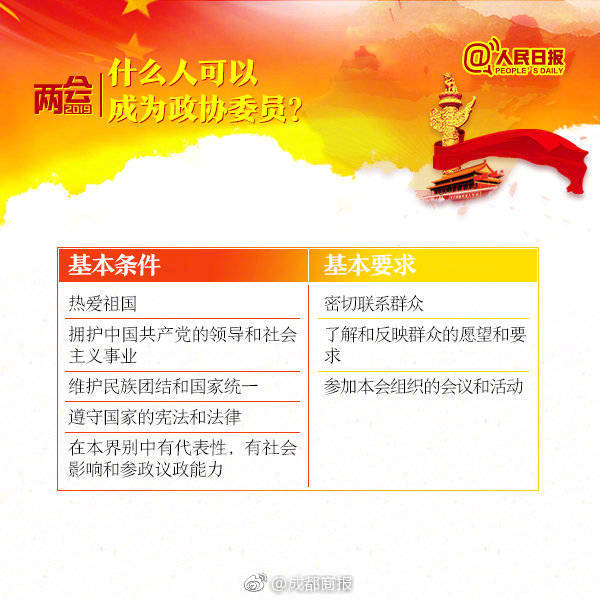 UEFA live free
UEFA live free
882.25MB
Check Casino Plus login register
Casino Plus login register
336.89MB
Check UEFA Champions League live streaming app
UEFA Champions League live streaming app
272.29MB
Check PAGCOR online casino free 100
PAGCOR online casino free 100
829.44MB
Check DigiPlus stock
DigiPlus stock
424.45MB
Check DigiPlus stock
DigiPlus stock
152.11MB
Check Casino Plus login register
Casino Plus login register
272.76MB
Check Casino Plus
Casino Plus
726.54MB
Check
Scan to install
Hearthstone deck to discover more
Netizen comments More
1647 100 free bonus casino no deposit GCash
2025-01-05 10:54 recommend
267 Bingo Plus
2025-01-05 09:24 recommend
408 UEFA Champions League standings
2025-01-05 09:24 recommend
1420 Casino redeem
2025-01-05 09:11 recommend
1468 Bingo Plus
2025-01-05 09:09 recommend